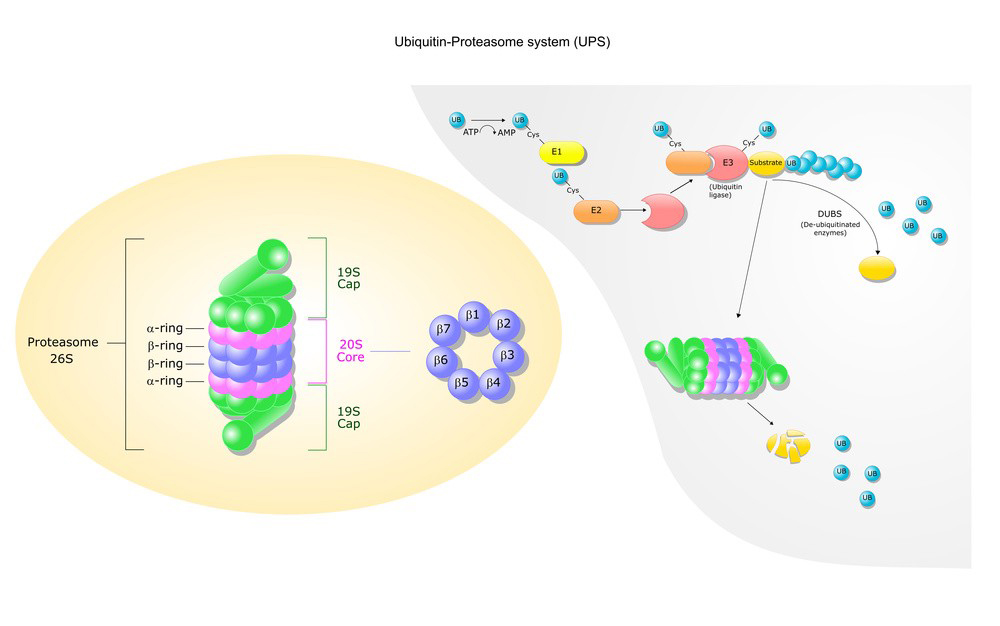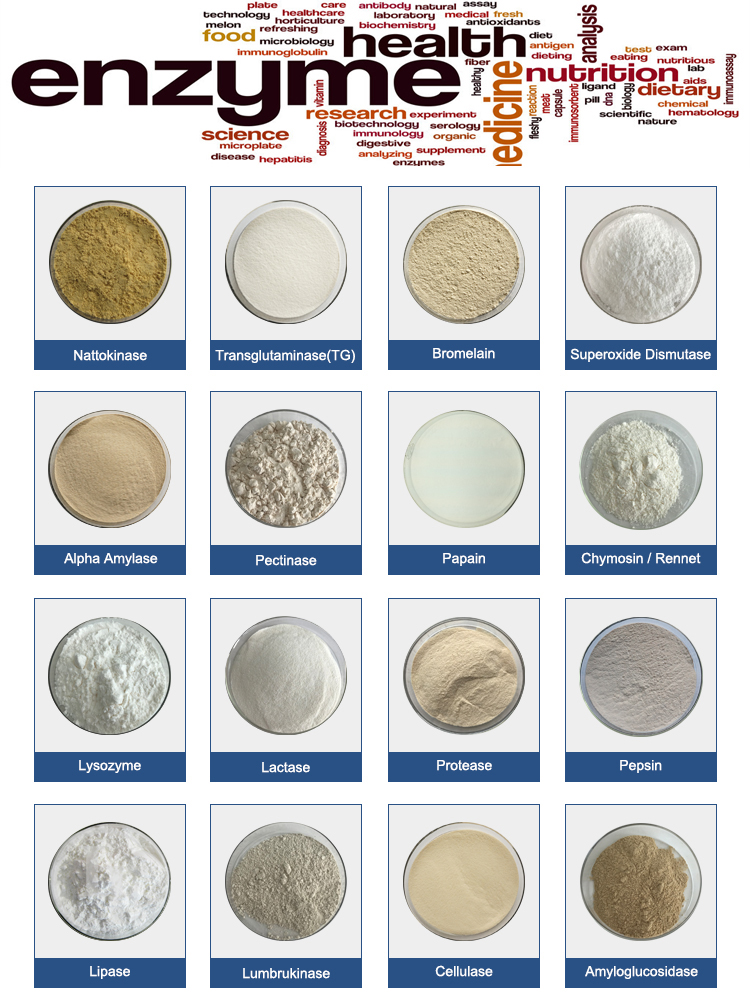Proteases are enzymes that play a crucial role in breaking down proteins into their constituent amino acids. They are widely used in various applications, including research, biotechnology, and the food industry. To use proteases to best effect, you need to consider several factors:
1.Choose the Right Protease:
Different proteases have specific substrate preferences. Select a protease that is suited to the type of protein you want to degrade. Common proteases include trypsin, chymotrypsin, papain, and pepsin.
2.Optimize Conditions:
Protease activity is influenced by factors like pH, temperature, and the presence of cofactors. Optimize these conditions for the specific protease you’re using. Typically, proteases work best within a specific pH and temperature range.

3.Concentration:
Determine the optimal concentration of the protease needed for your application. This may involve titration experiments to find the right enzyme-to-substrate ratio.
4.Incubation Time:
The length of time the protease needs to act depends on the specific application. In some cases, a short incubation period may be sufficient, while in others, longer incubation times are required.
5.Substrate Preparation:
Ensure that the protein substrate is properly prepared and accessible to the protease. Denaturing or unfolding the protein may be necessary in some cases.
6.Monitoring:
Continuously monitor the protease activity to avoid over-digestion, which can lead to the degradation of the protein of interest. This can be done through periodic sampling and assay techniques.
7.Termination:
Inactivate the protease when the desired level of protein digestion is achieved. This can be done by adjusting pH, temperature, or adding protease inhibitors.
8.Protease Inhibitors:
If you need to stop the action of the protease, consider using protease inhibitors. Common examples include phenylmethylsulfonyl fluoride (PMSF) and aprotinin.

9.Specific Applications:
Research: Proteases are used in various research applications, such as protein sequencing, mass spectrometry, and structural biology. Tailor your protease use to the specific research objectives.
Biotechnology: Proteases are used in bioprocessing to improve the efficiency of protein production, to remove fusion tags, or to cleave proteins for downstream applications.
Food Industry: Proteases are used in food processing to tenderize meat, clarify beer, and produce cheese. Ensure you follow food safety guidelines and regulations when using proteases in food applications.
Pharmaceutical Industry: Proteases are used in drug development and manufacturing, such as in the production of biopharmaceuticals.
10.Safety and Regulations:
Always follow safety guidelines when working with proteases, and be aware of any regulatory requirements in your specific industry or field.
Remember that the optimal use of proteases may vary depending on your specific application, so it’s essential to consult the literature, protocols, and experts in your field to ensure you are using proteases effectively and safely.
